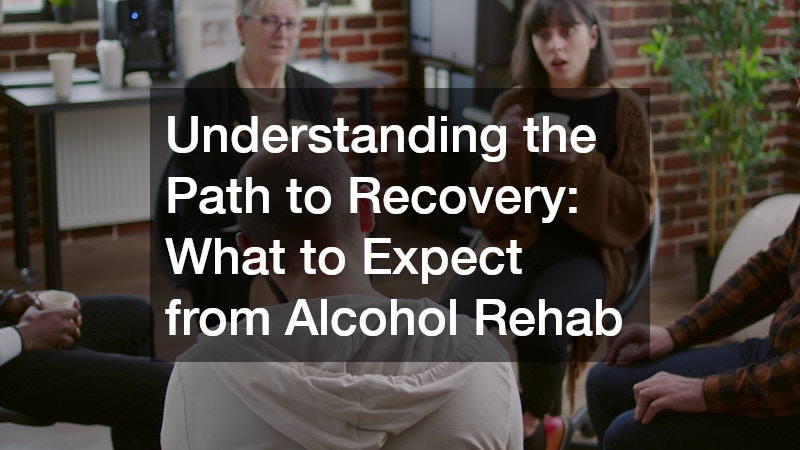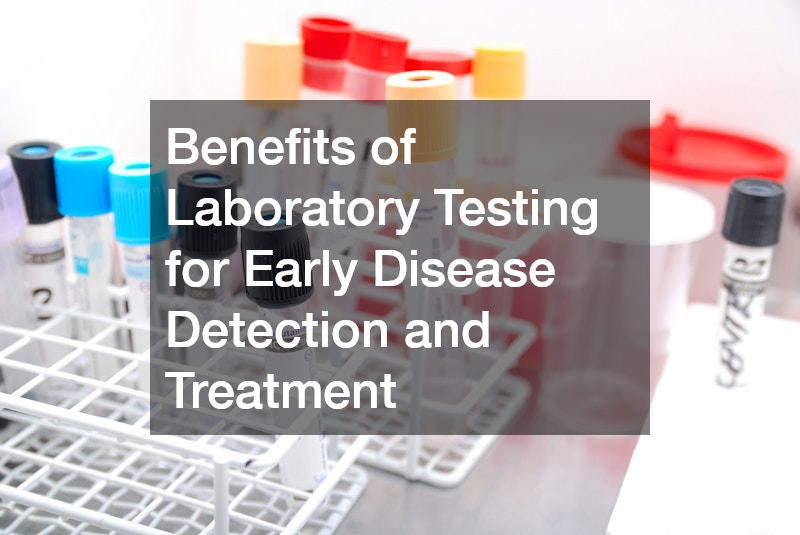Alcohol addiction is a widespread issue that affects millions of people and their families across the globe. While every individual’s journey with alcohol is unique, the path to recovery often begins at one essential starting point: alcohol rehab. This structured and supportive environment offers individuals the opportunity to break free from addiction, rebuild their lives, and discover long-term strategies for sobriety.
What Is Alcohol Rehab?
Alcohol rehab refers to a structured program designed to help individuals overcome their alcohol dependence. It often combines medical, psychological, and therapeutic interventions tailored to the needs of each person.
Rehab centers may offer inpatient or outpatient services, depending on the severity of the addiction and the person’s lifestyle, health, and responsibilities. Regardless of the format, the goal remains the same: to help individuals stop drinking, maintain sobriety, and develop a healthy, fulfilling life.
The Importance of Seeking Help
Alcohol addiction is not just about drinking too much. It involves physical dependence, psychological cravings, and behavioral patterns that are difficult to break without support. For many people, quitting alcohol “cold turkey” can be dangerous due to withdrawal symptoms like seizures, hallucinations, and severe anxiety. This is why alcohol rehab is so crucial. It provides a medically supervised environment where individuals can detox safely while receiving the emotional and psychological support they need.
Rehab is also essential because addiction not only affects the individual; it impacts families, friendships, careers, and overall quality of life. Seeking professional help is not a sign of weakness—it’s a brave and necessary step toward healing.
The Detoxification Process
One of the first stages of alcohol rehab is detoxification, or detox. This is the process of eliminating alcohol from the body, and it usually lasts several days. Detox can be physically and emotionally challenging, especially for those who have been drinking heavily for a long time. Symptoms like nausea, tremors, insomnia, and anxiety are common, but they are closely monitored by medical staff to ensure safety and comfort.
Medical professionals may use medications during detox to reduce symptoms and prevent complications. This support allows individuals to move through the detox phase with a higher level of stability, preparing them for the therapeutic work that follows.
Therapeutic Support and Counseling
Once detox is complete, the focus of alcohol rehab shifts to therapy and counseling. This phase is designed to address the underlying causes of addiction. Many people drink to cope with trauma, stress, anxiety, depression, or other mental health conditions. Without understanding and addressing these root issues, it’s difficult to achieve lasting sobriety.
Individual counseling allows people to explore their triggers and develop healthier coping strategies. Group therapy provides a sense of community and shared experience, helping individuals realize they are not alone in their struggles. Family therapy may also be included, especially when repairing relationships is a crucial part of the healing process.
Life Skills and Relapse Prevention
In addition to therapy, alcohol rehab programs often include life skills training and relapse prevention planning. Addiction can interfere with everyday responsibilities and routines, so rebuilding a structured, healthy lifestyle is vital for recovery.
Life skills programs might include stress management, communication techniques, healthy nutrition, fitness, time management, and financial responsibility. Learning these skills not only boosts confidence but also supports long-term independence.
The Role of Aftercare
Recovery doesn’t end when someone leaves a rehab center. The weeks and months that follow are some of the most vulnerable times for a person in recovery. That’s why aftercare is so important. Aftercare includes continued counseling, support groups, sober living arrangements, and follow-up medical care. These services help individuals stay accountable and connected as they reintegrate into their daily lives.
Support groups like Alcoholics Anonymous (AA) or other recovery communities can provide a sense of belonging and encouragement. Many people find that ongoing participation in these groups helps them maintain sobriety and stay focused on their goals.
Finding the Right Program
There is no one-size-fits-all solution when it comes to alcohol rehab. The right program depends on many factors, including the severity of the addiction, the person’s health history, co-occurring mental health conditions, and personal goals. Some may benefit from intensive inpatient care, while others may thrive in outpatient programs that allow them to continue working or caring for family.
A New Beginning
Alcohol rehab is more than just a place to stop drinking. It is a life-changing experience that offers individuals a second chance at health, happiness, and self-discovery. Through detox, therapy, education, and community, people can learn how to break free from the grip of alcohol and build a future they are proud of.
While the road to recovery may not be easy, it is worth it. With commitment, support, and the right tools, anyone can take the first step toward a brighter, sober life.





